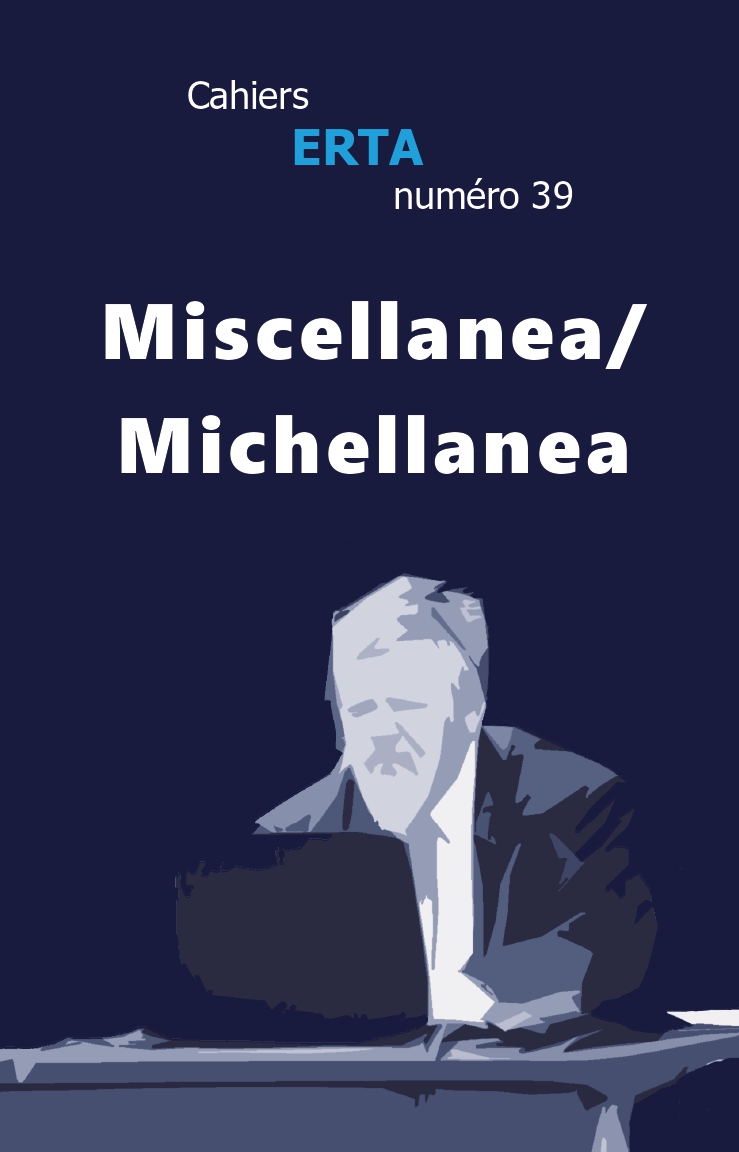Sur la nécessité d’une éducation de qualité dans la vie des femmes d’après les romans André (1835) de George Sand et Marta (1873) d’Eliza Orzeszkowa
Mots-clés :
littérature comparée, émancipation des femmes, éducation de qualité, exigence socialeRésumé
Among others, the nineteenth century brought ideas about social progress, including these important for the emancipation of women, such as a model of education that guarantees girls and women economic stability, financial independence and the right to freedom of choice. Through the comparative perspective of the novels of two emblematic women writers, G. Sand in France and E. Orzeszkowa in Poland, we’d like to show how European literature is involved in the social cause of popularising the idea that knowledge is a basic condition of everyone’s life. Our point of reference will be the novels André (1835) and Marta (1873) and their analysis. The female protagonists, faced with their lack of knowledge, distance themselves from professional life by choosing to marry. This alienation, underpinned by ignorance, takes on a symbolic dimension of the end of physical and spiritual life in the literary vision of French and Polish women writers.

 Revues scientifiques académiques
Revues scientifiques académiques





